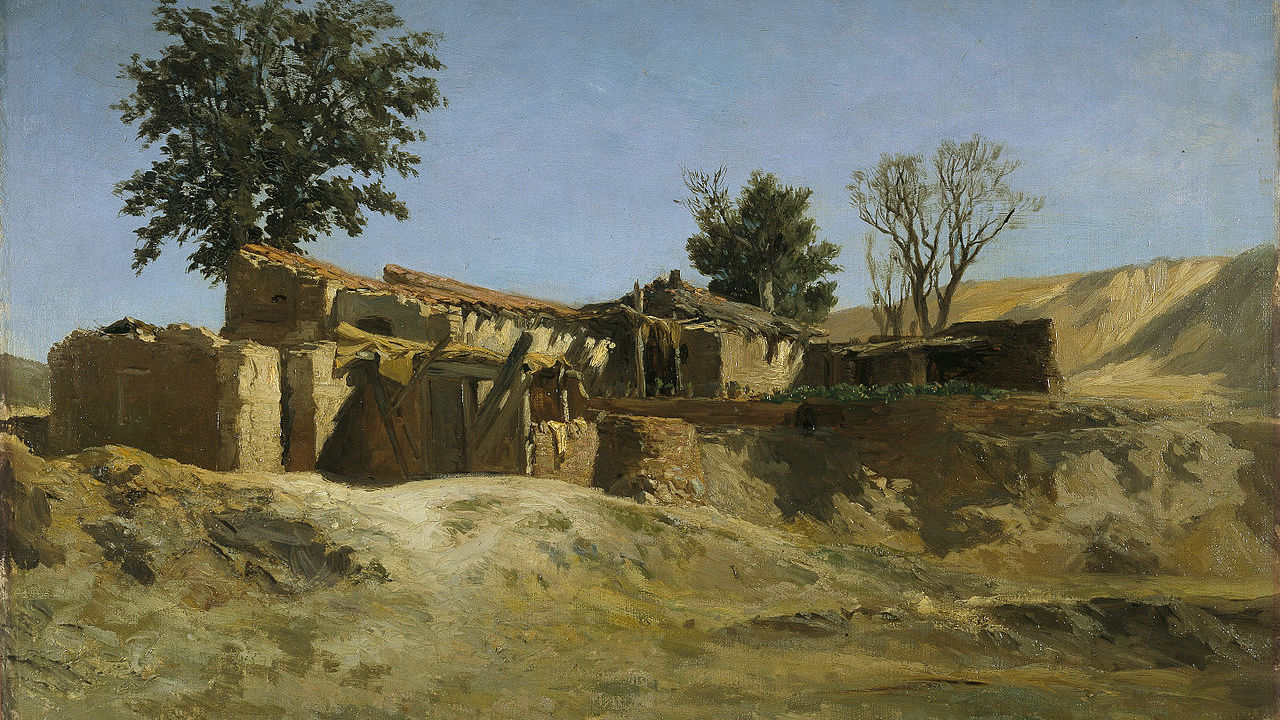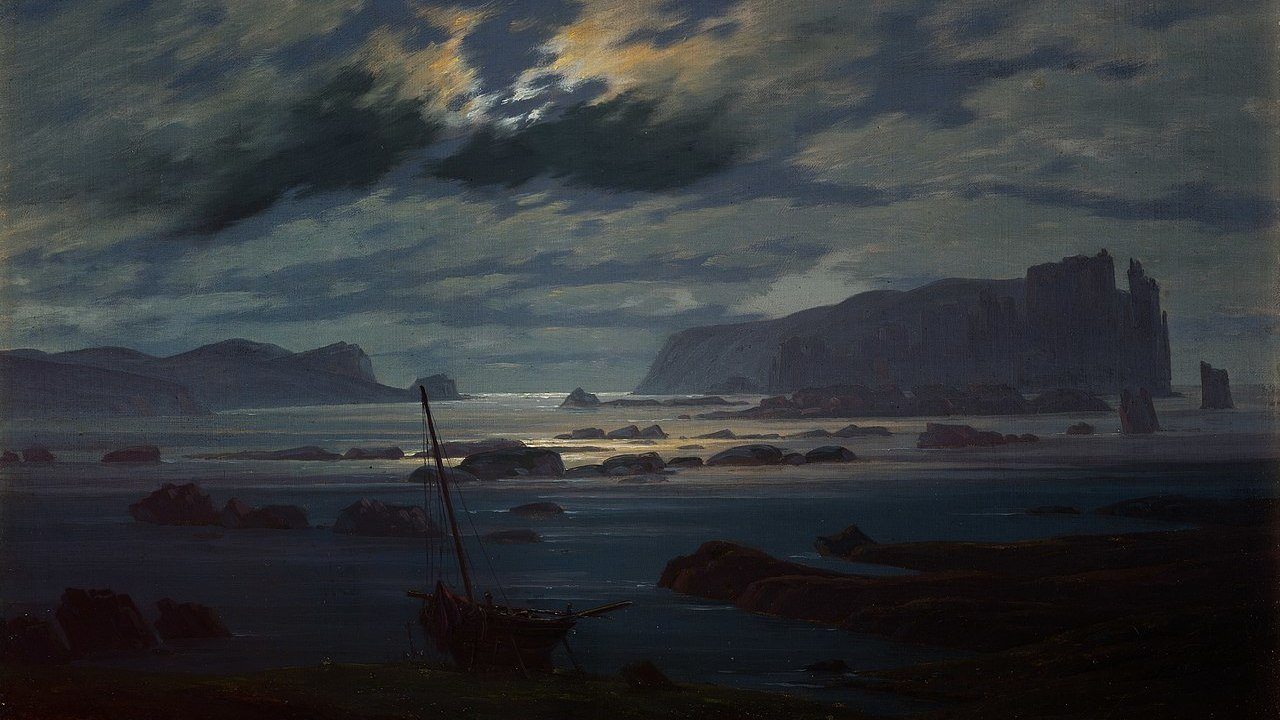Max Bruch’s Violin Concerto No. 1 in G Minor: Rich and Seductive
In the pantheon of composers, German Romanticist Max Bruch may not be a household name. But Bruch contributed several enduring works, including the spirited Scottish Fantasy for violin and orchestra, the Kol Nidrei for cello and orchestra, and the Violin Concerto No. 1 in G minor, Op. 26. The Violin Concerto is firmly rooted as a standard work in the violin repertoire, and has been ranked by audiences among the most beloved …







